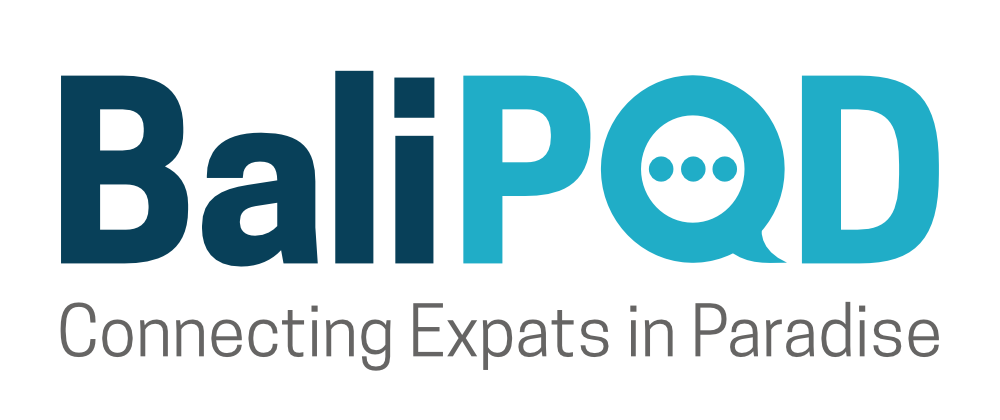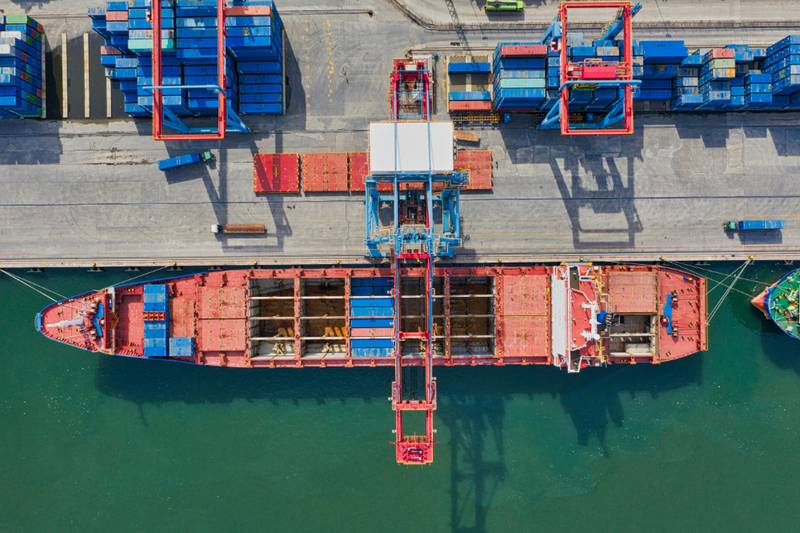Chair of the Manpower Division of the Indonesian Employers Association (Apindo) Bob Azam said Indonesia’s manufacturing industry, which has recently been laying off workers, is partly due to losing Europe as one its most important export destination markets, according to reporting from Tempo.
“Europe is one of our most important export destinations, but our free trade agreement with Europe has not been completed for eight years,” he said when contacted by Tempo on Friday (6/9/24.)
The Indonesian and European governments are currently negotiating the Indonesia-European Union Comprehensive Economic Partnership Agreement (IEU-CEPA) bilateral trade agreement. Since starting in 2016, the IEU-CEPA negotiations have lasted 17 rounds and completed 11 out of 21 chapters, says Tempo.
“The leaders of Indonesia and the European Union (EU) have agreed and are committed to completing these negotiations by the end of this year,” said Deputy Minister of Trade Jerry Sambuaga in a written statement in May.
Bob Azam explained that the trade agreement that was never completed resulted in domestic products being subject to tariffs to be able to enter the European market. This, according to him, makes domestic products uncompetitive. He said the products that were hit were mainly textiles and footwear.
Bob Azam added, the manufacturing sector still has to face the influx of goods from China. Meanwhile, Indonesia’s trade deficit with China continues to increase rapidly. According to Bob Azam, this condition must be balanced by the government. “The manufacturing sector has a tough challenge,” he said.
Tempo reports that at the same time, China’s economy is now also under pressure due to increased import tariffs in Europe and the United States. Meanwhile, their production continues. As a result, China is experiencing oversupply and is looking for new markets other than Europe and the US. One of them is Indonesia. “They are looking for markets that can accept their products,” he said.
Industry Minister Agus Gumiwang Kartasasmita stated that the achievement of Indonesia’s manufacturing Purchasing Manager’s Index (PMI) in August 2024 fell again. This is due to the flood of cheap imported goods which has not been successfully stemmed. According to him, the flood of imported goods in the domestic market occurred because there was no policy from the ministry that was able to stop the import rate, says Tempo.
Indonesia’s manufacturing PMI this month was recorded at 48.9, down 0.4 points from July 2024 which amounted to 49.3, reports Tempo, adding that according to the S&P Global release, the contraction in Indonesia’s manufacturing PMI in August 2024 was affected by the sharpest decline in output and new demand since August 2021. Foreign demand also fell at an accelerating rate, the sharpest since January 2023.
“Once again we are not surprised by the deeper contraction in Indonesia’s manufacturing industry,” Agus Gumiwang said in a written statement received by Tempo on Tuesday (3/9/24.)
Source: Tempo
Stock photo by Tom Fisk on Pexels
The post Tough Challenges Ahead for Indonesia’s Manufacturing Sector appeared first on Invest Indonesia.



